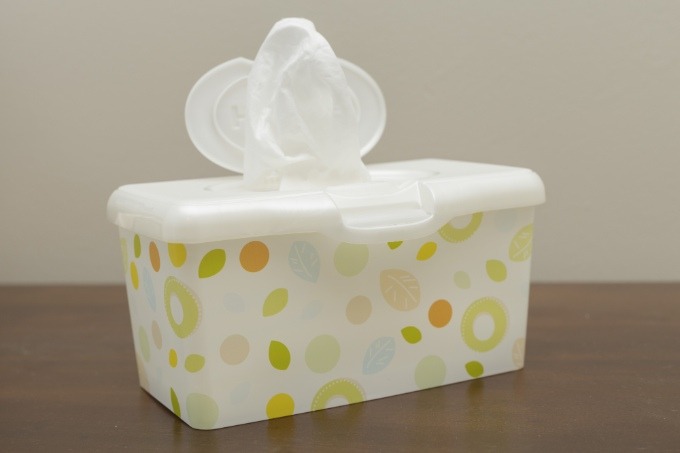Natural Homemade Baby Wipes

Make sure to like Living Green and Frugally on Facebook, Shop at amazon to help support my site and explore our PINTEREST BOARDS for innovative ways you can become self-sufficient.
Making homemade baby wipes takes just a few minutes of work and saves loads of money. You can make them with cloth, so they are reusable, or with paper towels if you need disposables. this recipe is made with a baby wash that contains no alcohol so they are super-soothing on a baby’s delicate skin or to use as a make up remover for adults..
Plus the wipe solution can be used as a diaper spray! Check out this great article from thenewlighterlife.com you can save yourself some money and be natural at the same time.
Looking for a more eco-friendly and cost-effective alternative to store-bought baby wipes? Check out this article on The New Lighter Life website that provides a step-by-step guide on how to make your own homemade baby wipes using all-natural ingredients. Not only will you be reducing your environmental impact and saving money, but you’ll also have peace of mind knowing exactly what’s going on your baby’s delicate skin. Click through to learn more!